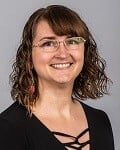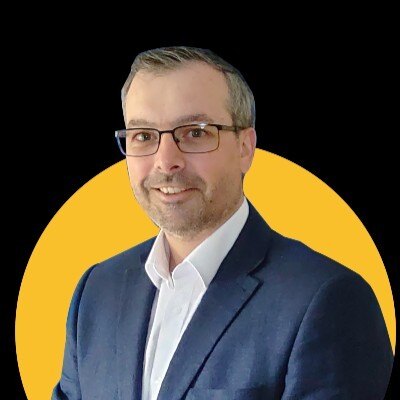Schools Attending
Featured Speakers
Share Your EchoExperience25 Travel Logistics
Help us Personalise your Experience
To make sure we deliver the best experience possible, we need a few final details from you. Please take a minute to complete the short form below.
What We Need From You:
- Days You’ll Be Attending
-
Hotel Accommodation Confirmation
- Dinner Selection for Night at Nottingham Castle (Day 1)
Please submit your details no later than April 25th
.jpg?width=2000&height=500&name=EMEA%20Webinar%20Series%20Reframing%20Assessment%20(1).jpg)
Assessment is one of the most powerful tools we have to shape learning, and it works best when it reflects the student journey in full. This series creates space for educators to share new approaches, and co-create assessment strategies that are inclusive, future-ready, and grounded in real-world practice.
As AI tools become part of everyday learning, traditional exams alone cannot capture creativity, collaboration, resilience, and the wide range of skills student's need for life beyond university. To remain authentic, equitable, and relevant, assessment must evolve to reflect the whole student experience.
Reframing Assessment: Strategies for Impactful Learning is a new webinar series designed to inspire and equip educators with practical ideas you can apply straight away.
Across eleven weekly sessions, from 10 October to 16 December 2025, you will hear from educators and sector leaders who are rethinking assessment in bold and practical ways.
Together we will explore how to:
- Move beyond heavy reliance on high-stakes testing
- Place student experience and wellbeing at the centre
- Connect assessment to employability, values, and future-ready skills
- Co-create solutions with students as genuine partners
Every session is designed to be conversational, inclusive, and practice-focused, offering strategies you can adapt to your own assessment style.
Featured Speakers
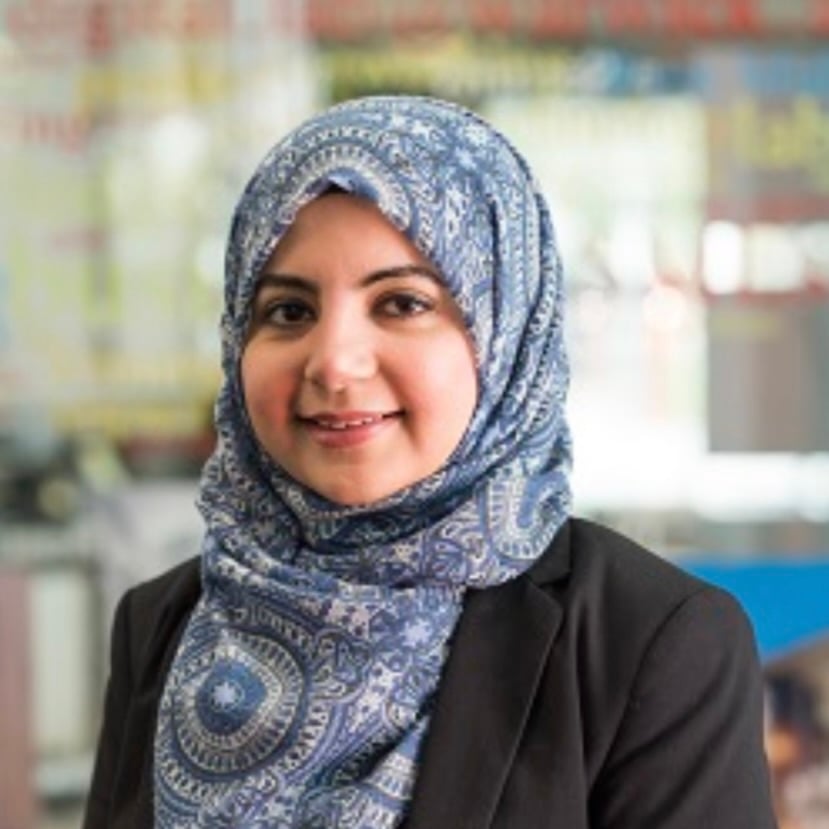
Freeha Azmat
Associate Professor-Reader, University of Warwick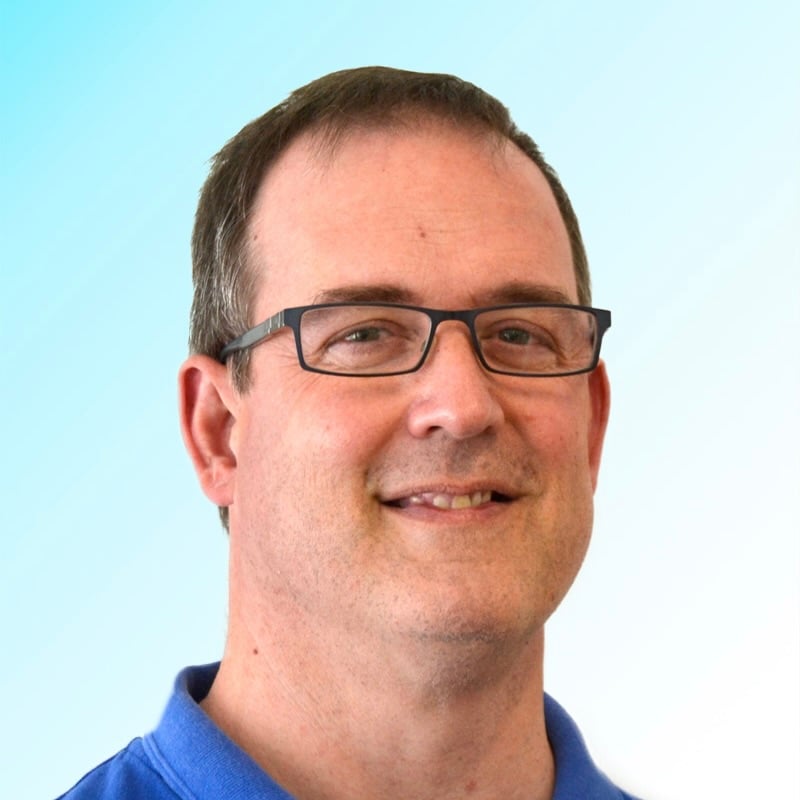
Simon Lancaster
Director of Learning and Teaching, University of East Anglia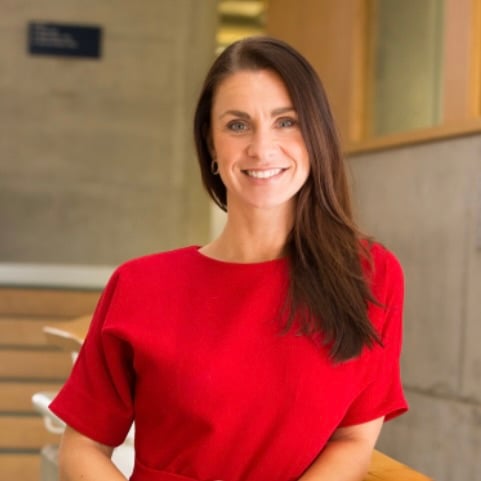
Alison McMaster
Senior Lecturer, University of Sunderland
Andrew Larner
Digital Education Specialist, Manchester Metropolitan University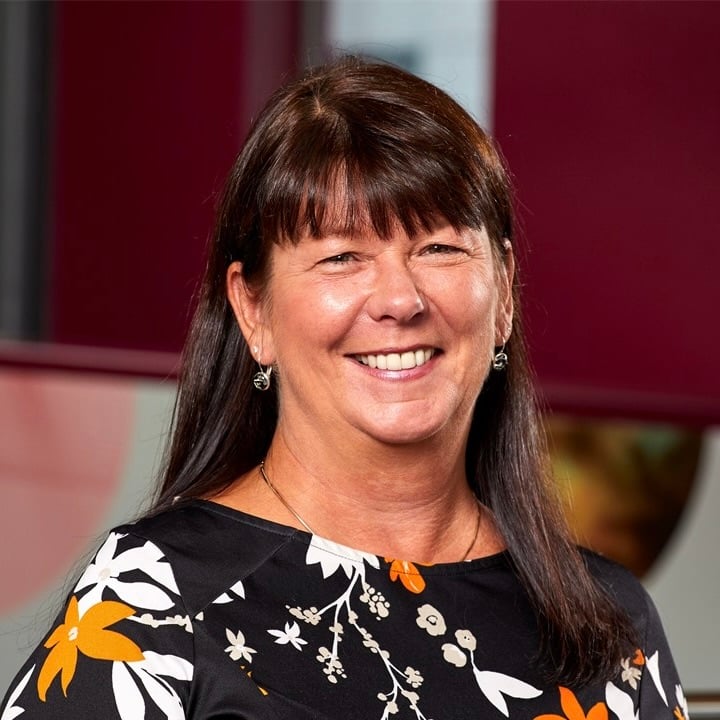
Sue Beckingham
Associate Professor, National Teaching Fellow, Learning and Teaching Lead, School of Computing and Digital Technologies, Sheffield Hallam University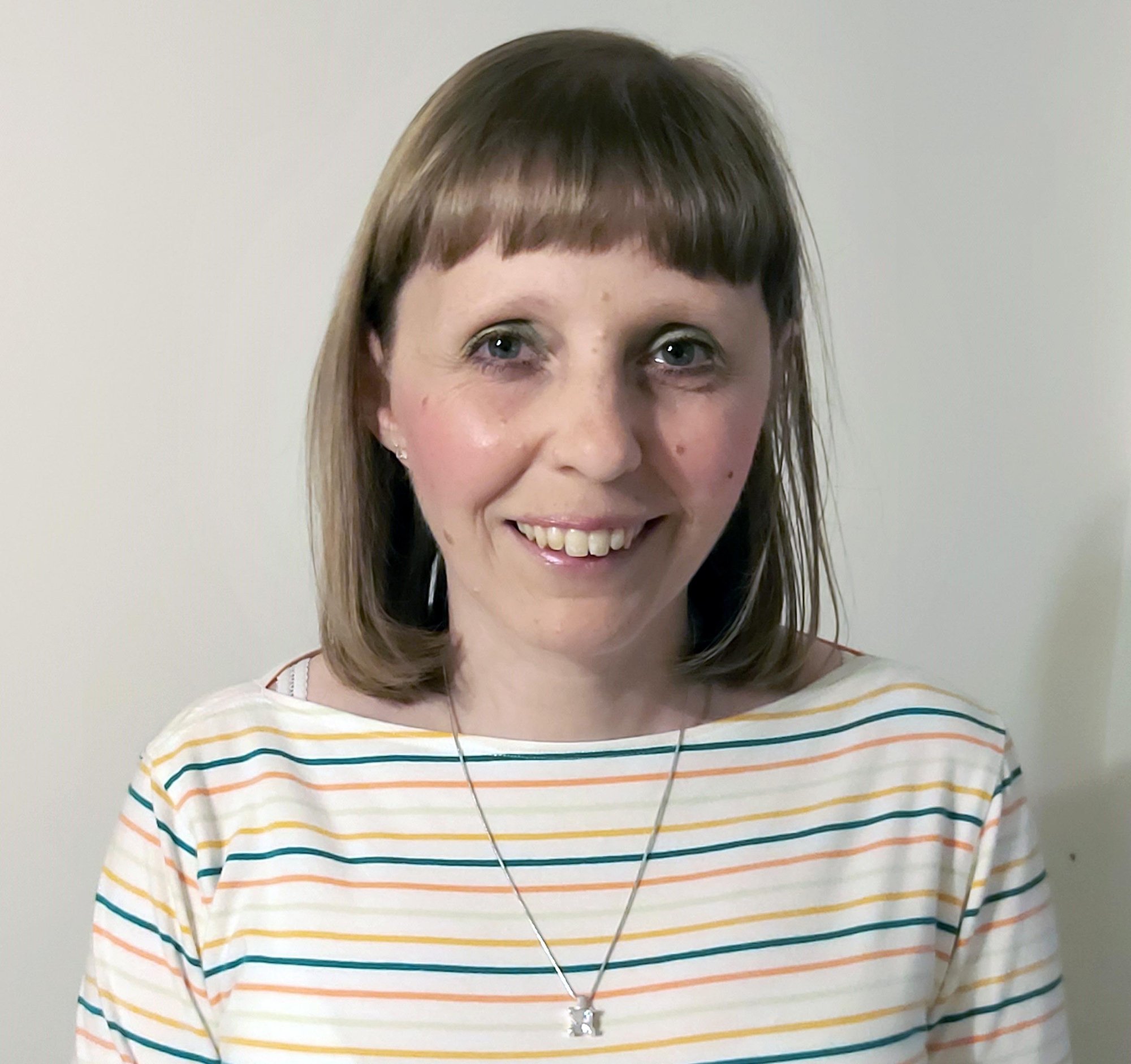
Carolyn Loveridge
Lecturer, University of Glasgow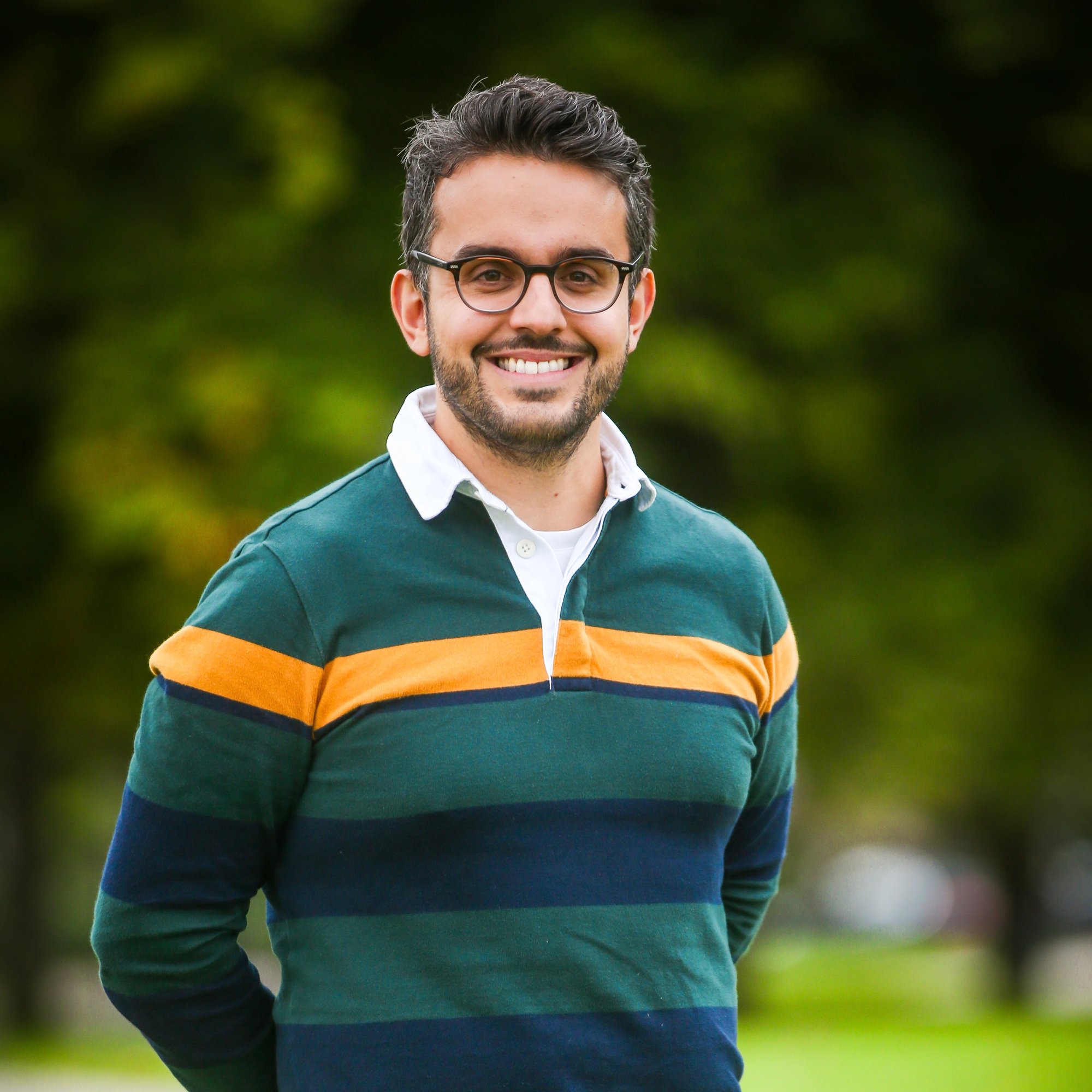
Tom Ritchie
SFHEA, Reader and Director of Student Experience, University of Warwick, Current US-UK Fulbright Scholar, Elon University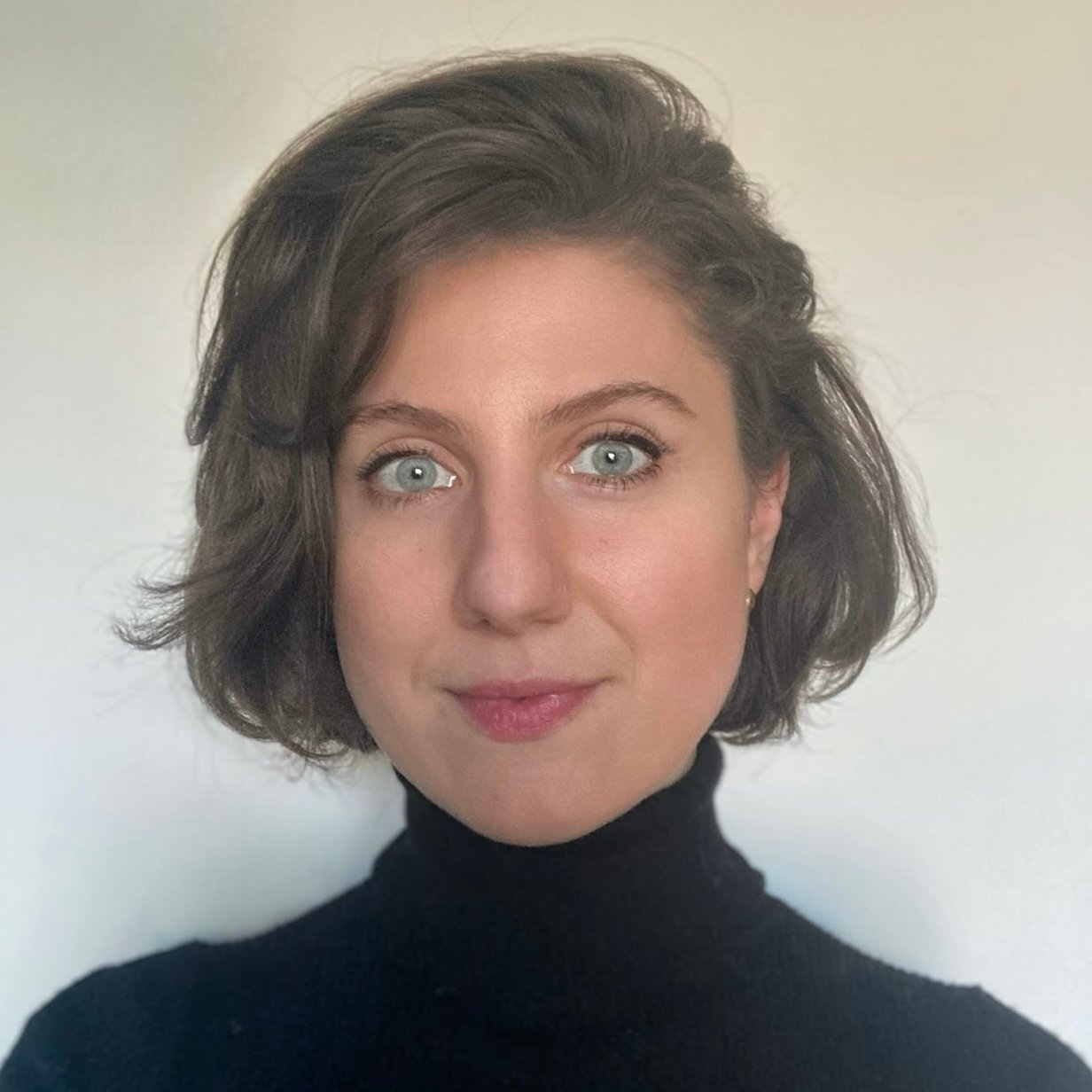
Barbara Piotrowska
Lecturer (Assistant Professor) in Public Policy, King’s College London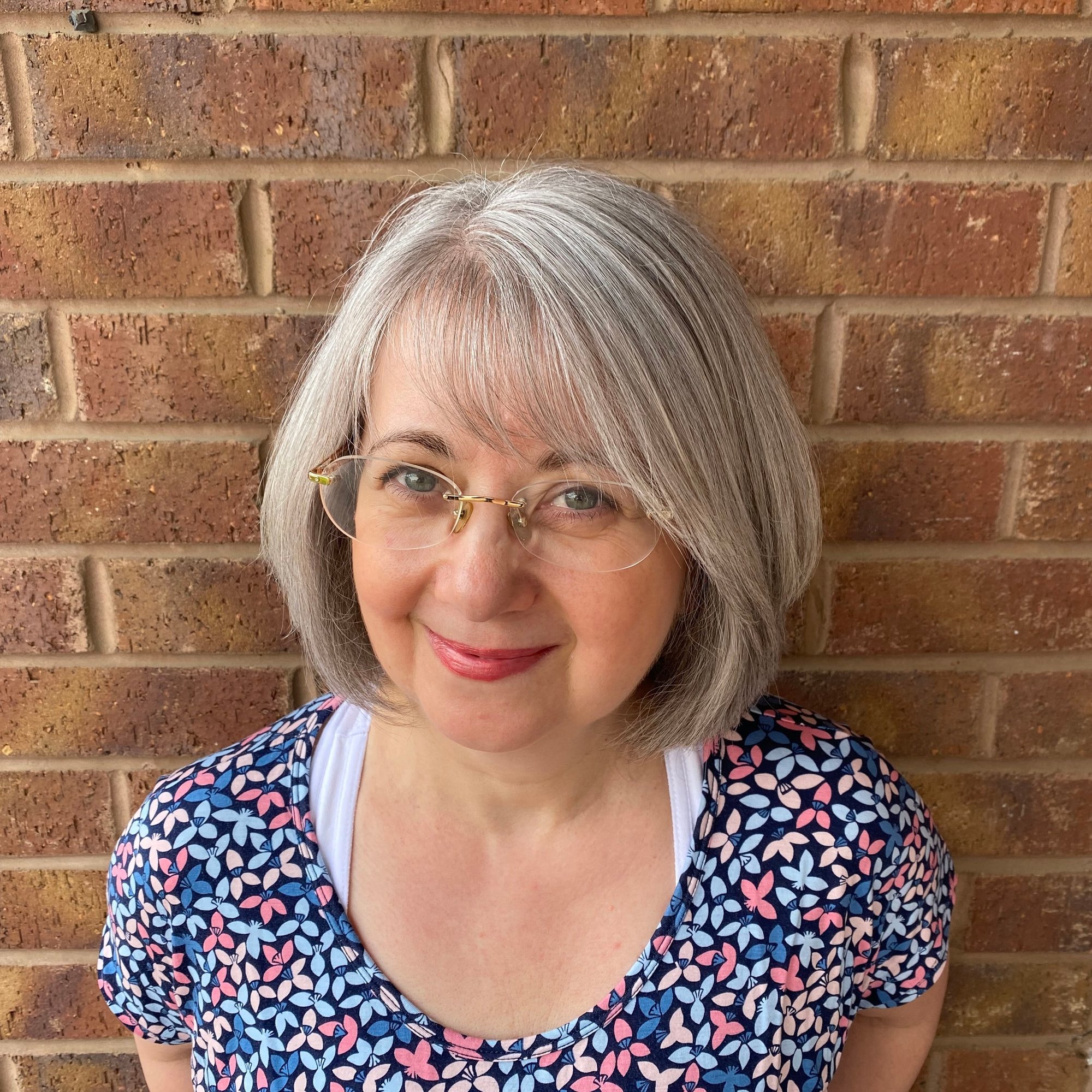
Louise Robson
Professor of Digital Innovation in Learning and Teaching, University of Sheffield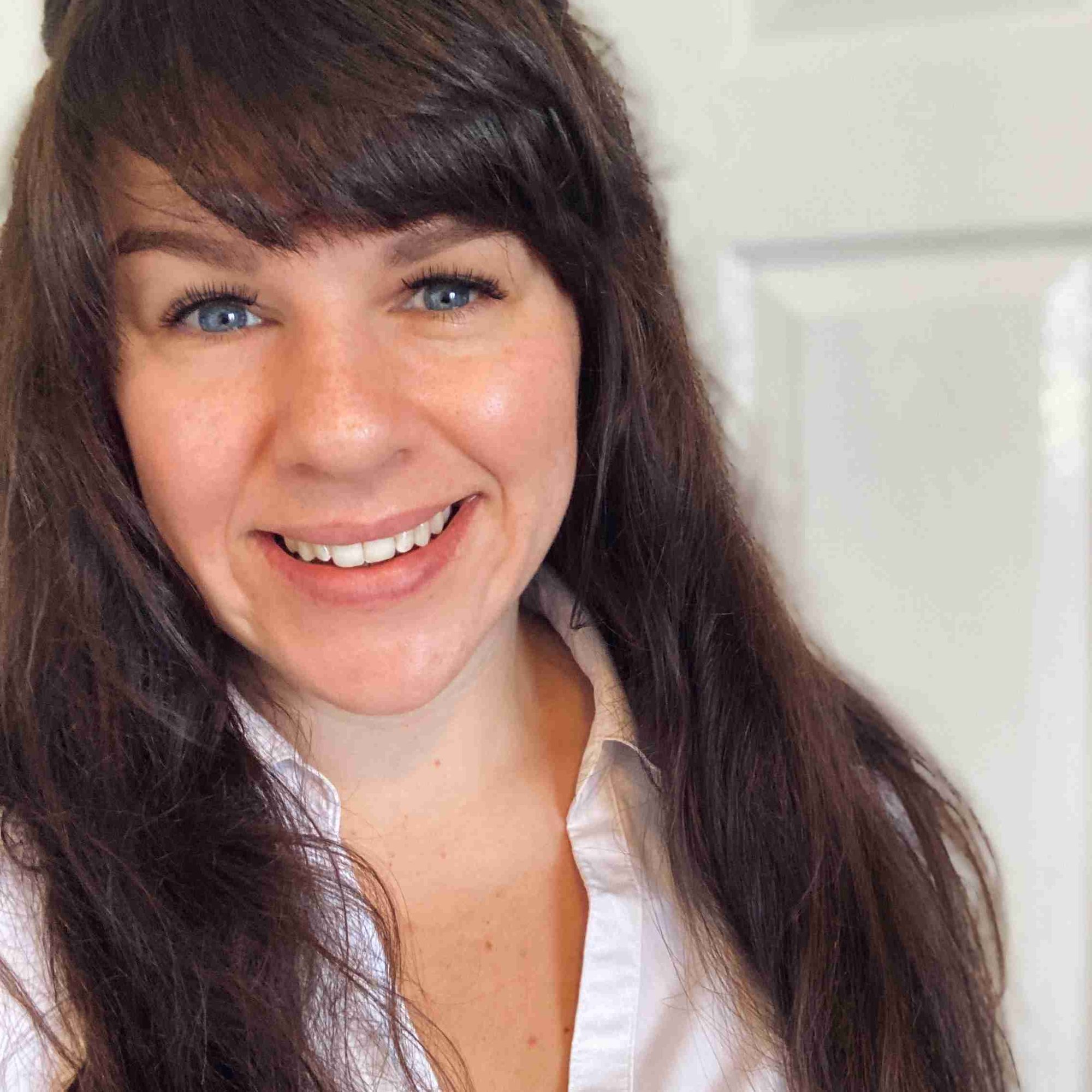
Rebecca Blanchard
Assistant Professor of Veterinary Science, University of Nottingham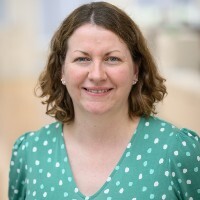
Stephanie Fuller
Academic Practice Taught Programmes Manager, Queen Mary University of London
Helena Paterson
Lecturer, University of GlasgowSession Details
Session Speaker: Freeha Azmat, Associate Professor-Reader, University of Warwick
Session Description: Freeha will present a new framework which integrates three principles: Competency-based education, Authentic assessments, and Personalised learning (CAP). By embedding these into teaching practice, higher education can evolve to emphasise experiential learning, sustainability, and innovative approaches. Drawing on diverse international student cohort, the session explores how CAP can foster the skills and knowledge required for success in a digitally transformed business landscape.
Speaker Bio: Dr. Freeha Azmat is a Reader in Engineering Education at WMG, University of Warwick, and a 2025 Advance HE National Teaching Fellow. With over 15 years of experience, she has pioneered the integration of authentic, industry-aligned learning into engineering curricula, including degree apprenticeships co-designed with employers such as Jaguar Land Rover, Dyson, and Goldman Sachs. Her work has generated significant impact on reducing skills gaps, advancing equity in STEM, and shaping national policy. Internationally, she has led capacity-building projects across Pakistan, South Africa, Colombia, and the UAE, championing access for underserved communities. A recognised thought leader and mentor, Dr. Azmat is widely respected for her contributions to curriculum innovation, equity, and transformative pedagogy in higher education.
Session Speaker: Andrew Larner, Digital Education Specialist, Manchester Metropolitan University
Session Description: Andrew introduces an Assessment Design Framework for the Age of AI. This model helps educators balance academic integrity with AI literacy by identifying zones of “AI Collaboration” versus “AI Collusion.” Using real-world examples, the session explores an AI vulnerabilities stress-testing model, a practical three-step toolkit, and strategies to adjust assessments without full redesign. Participants will gain insight into designing resilient, future-focused assessments that retain critical thinking while leveraging the power of generative AI.
Speaker Bio: Andrew Larner is a Digital Education Specialist with nearly seven years of experience as a Digital Education Specialist, working at both the University of Manchester and Manchester Metropolitan University. Transitioning from a background in radio and media production, Andrew has developed expertise in educational video production, curriculum design, and digital pedagogy. In 2024, he completed a Master's in Higher Education, focusing his research on assessment and the role of artificial intelligence in learning. He has collaborated extensively with academic staff in Business and Law to enhance curriculum development and integrate innovative teaching practices.
Session Speakers:
Carolyn Loveridge, Lecturer, University of Glasgow
Helena Paterson, Lecturer, University of Glasgow
Lesley Graham, Lecturer, University of Glasgow
Susan Lindsay, Lecturer, University of Glasgow
Session Description: Colleagues from the University of Glasgow will explore assessment through the lens of partnership, focusing on how dialogue, co-design, and feedback loops can strengthen trust between students and educators. Drawing on their collective initiatives, they will illustrate how reframing assessment as a collaborative process enhances inclusivity, promotes learner agency, and builds confidence in both the outcomes and the journey of assessment.
Speaker Bios:
Dr Carolyn Loveridge is a Lecturer of Life Sciences in the Graduate School of the College of Medical, Veterinary and Life Sciences at the University of Glasgow, United Kingdom. She is director of the MSc Precision Medicine programme, PGT assessment and feedback champion for MVLS and the scholarship champion for MVLS graduate school. She is a Fellow of AdvanceHE and has completed MEd Academic Practice. Her current scholarship interests are in academic conduct and integrity; assessment and feedback; curriculum design and development and academic identity. She has expertise in both quantitative and qualitative research methodologies.
Session Speaker: Simon Lancaster, Director of Learning and Teaching, University of East Anglia
Session Description: Simon brings his expertise in communication and rhetoric to the field of assessment. This session examines how the language we use in assessment briefs, feedback, and marking criteria shapes student perceptions and behaviours. By applying rhetorical principles, Simon shows how assessment can be framed in ways that inspire, motivate, and clarify expectations, ultimately fostering deeper learning and engagement.
Speaker Bio: Simon began his academic career as an Organometallics and Homogeneous Catalysis Researcher. Simon is a highly experienced lecturer and module organiser currently teaching across five levels from Foundation Year to Masters. He is a Chartered Science Teacher and Senior Fellow of the Higher Education Academy. He is now Professor of Chemistry Education at the University of East Anglia. Simon is a co-author of the popular Chemistry OUP textbooks Chemistry3 and Inorganic Chemistry. His particular focus in the author team is on the enhancements afforded by the move to digital-first publishing.
Simon is Associate Dean for Learning, Teaching and Quality, in the Science Faculty, where he works to foster collaboration between departments and with the Student Union and to advance the careers of teaching focused academics. His pedagogical research interests are in inclusive practice, active learning, extended reality and increasingly at the interfaces between these three. He won the EDI Champion Award from the SU in 2024. He was awarded his National Teaching Fellowship in 2013.
Session Speaker: Sue Beckingham, Associate Professor, National Teaching Fellow, Learning and Teaching Lead, School of Computing and Digital Technologies, Sheffield Hallam University
Session Description: During this session we will consider the multimodal use of Generative AI (GenAI) and emphasise its role in learning, not just in product creation. It will be an opportunity to think about how we can use GenAI to help students understand and think deeper about their assessments (briefs and criteria). Participants will learn about how with more specific prompts, GenAI can help to:
-
Develop creative ways to present assessment briefs to enhance traditional written formats.
-
Design activities to help students’ understanding of assessment requirements.
-
Develop engaging and clearer ways to make sense of assessment criteria.
Speaker Bio: Sue Beckingham is an Associate Professor in Learning and Teaching, a National Teaching Fellow, and Learning and Teaching Lead in Computing and Digital Technologies at Sheffield Hallam University. Externally she is a Visiting Professor at Arden University and a Visiting Fellow at Edge Hill University. She is also a Principal Fellow of the Higher Education Academy, Senior Fellow of the Staff and Educational Developers Association, and a SEDA Executive Committee member. Sue is also a member of the Association of National Teaching Fellows Committee.
Her research interests include social media for learning and the use of technology to enhance active learning; and has published and presented this work internationally as an invited keynote speaker. She is the co-founder of the international #LTHEchat 'Learning and Teaching in Higher Education Chat'.
Recent publications include the book Using Generative AI Effectively on Higher Education: Sustainable and Ethical Practices for Learning Teaching and Assessment, and two chapters in The Lecturers Toolkit 6th edition.
Session Speaker: Rebecca Blanchard, Assistant Professor of Veterinary Science, University of Nottingham
Session Description: Rebecca presents findings from a mixed-methods study with over 300 veterinary students, analysing engagement analytics in blended learning. While video engagement correlates moderately with exam performance, traditional assessments miss benefits such as autonomy, flexibility, and critical thinking. This session highlights strategies for using engagement data critically, promoting inclusivity, and rethinking assessment design to capture higher-order skills and creativity.
Session Speaker: Louise Robson, Professor of Digital Innovation in Learning and Teaching, University of Sheffield
Session Description: Louise will share her experiences with open-book, online assessment approaches. The discussion will focus on how these assessments promote authentic learning, inclusivity, and real-world application of knowledge, while reducing reliance on rote memorisation.
Speaker Bio: Louise Robson is a Professor of Digital Innovation in Learning and Teaching in the School of Biosciences, University of Sheffield, UK, with over 29 years experience in learning and teaching. She is a known leader in Physiology education, winning the Physiological Society Otto Hutter teaching prize (2017) and is also a National Teaching Fellow (UK, 2021) and Principal Fellow of the Higher Education Academy (UK). She is a strong advocate for the use of digital technologies such as lecture capture and the use of real world, authentic assessment approaches, recognising that these enhance the learning experience of students, and provide an inclusive learning environment where all students can succeed.
Session Speaker: Alison McMaster, Senior Lecturer, University of Sunderland
Session Description: Assessment can and should do more than capture what learners know. When approached authentically, it can celebrate what students can do, who they are becoming, and the growth they achieve along the way. This session explores dialogic and compassionate assessment as a way to recognise skills, development, and personal growth beyond the transcript, without compromising rigour. By embedding reflection and dialogue into portfolios, assessment becomes a meaningful, co-constructed process that nurtures soft skills such as reflexivity, communication, and relational understanding.
Drawing on vignettes from my doctoral research, which preserve the authentic voices of learners and assessors, the session illustrates how personalised approaches restore the human element in assessment, engaging participants while providing constructive challenge. Attendees will be invited to reflect collaboratively on their own assessment practices and consider how modelling reflective, dialogic approaches can inspire a ripple effect, revitalising assessment culture.
Speaker Bio: Dr Alison McMaster is a Senior Lecturer at the University of Sunderland, working within the International Education and Professional Development team. A former Primary teacher, she is deeply passionate about assessment in all its forms, ensuring that it focuses on what truly matters for learners. Through role-modelling compassionate and reflective assessment practices, she not only enhances student learning but also shapes the approaches of future teachers. Her work bridges practical classroom experience with research-informed approaches, championing empathy, reflection, and the human element in education. Supporting over 500 international students annually through PGCE distance learning programmes, she inspires them to develop the skills, confidence, and insight to thrive in diverse educational contexts.
Session Speaker: Stephanie Fuller, Academic Practice Taught Programmes Manager, Queen Mary University of London
Session Description: This session will explore the benefits of using graduate attributes to support the introduction of values-based authentic assessment. Drawing on experience within a research-intensive Russell Group institution, it will explore how ensuring graduate attributes sit at the core of curriculum design has enabled greater focus on assessment of attributes and values. There is growing evidence which demonstrates that authentic assessment works (Villaroel et al, 2019). But in a context where colleagues can be resistant to innovative assessment approaches and sceptical of embedding employability in the curriculum, the notion of authentic assessment has become contested (Daubney, 2022).
Speaker Bio: Dr Steph Fuller, PFHEA, is the Queen Mary Academy's Academic Practice Taught Programmes Manager. Steph leads the Academy’s taught programmes Certificate in Learning and Teaching (CILT) and Postgraduate Certificate in Academic Practice (PGCAP), with responsibility for managing the programmes, leading modules, teaching and supporting colleagues. She also leads curriculum enhancement support across the university with a focus on curriculum design, employability, sustainability and assessment. Steph researches and has published in the areas of online education, employability, curriculum enhancement and co-creation and sustainability in education. She was awarded Principal Fellowship of Advance HE in 2025.
Session Speaker: Barbara Piotrowska, Lecturer (Assistant Professor) in Public Policy, King’s College London
Session Description: While GenAI is often framed either as a shortcut that undermines learning or as a tool for cognitive augmentation, many studies estimating this effect overlook how students with different academic backgrounds engage with GenAI when given equal access. Using data from a 2025 post-graduate public policy module that embedded structured, incentivised weekly GenAI-based tasks and a GenAI-enabled assessment, I examine who engages with GenAI and how this engagement relates to academic outcomes. Students were introduced to a variety of uses for GenAI over 12 weeks, with relative flexibility in how often they engaged. The findings show that prior attainment strongly predicted engagement: higher-achieving students were more likely to attempt more tasks, raising concerns that even structured GenAI interventions may reinforce existing disparities if participation remains uneven. GenAI engagement had no independent effect on final essay or policy brief grades once prior attainment was controlled for. However, it significantly improved performance in a process-focused reflection exercise, suggesting gains in metacognitive awareness. These findings highlight the value of regular exposure to GenAI for developing reflective competence, while also pointing to the limitations of voluntary or lightly incentivised engagement for achieving equitable learning outcomes.
Speaker Bio: Barbara is a Lecturer in Public Policy at King’s College London. Barbara holds a PhD and an MA in political science from the University of Rochester (USA) and an MSc in economics from the London School of Economics and Political Science. Her research focuses on the incentives faced by bureaucrats, particularly in authoritarian states and those undergoing regime transitions. She is also more broadly interested in policymaking in non-democracies. Since 2023, Barbara has been incorporating genAI into teaching and assessment in her modules. She has used the data and experience she collected in workshops (including “Mind Over Machine: Using GenAI to Boost Thinking” at King’s AI Festival), teacher training, blog post, and academic papers.
Session Speaker: Dr Tom Ritchie, SFHEA, Reader and Director of Student Experience, University of Warwick, Current US-UK Fulbright Scholar, Elon University
Session Description: More to follow
Speaker Bio: Dr Tom Ritchie is Reader and Director of Student Experience at the University of Warwick and current US-UK Fulbright Scholar at Elon University, researching AI's impact on student belonging in STEM education. He co-leads the Centre for Belonging in Education and hosts the AI Ethics Now podcast. Tom co-created the award-winning Warwick Belonging Framework, adopted by UK and international institutions along with the ‘We are Chemistry’ programme. His interdisciplinary approach bridges chemistry, history, and educational innovation, focusing on inclusive AI pedagogies and student partnerships as a Senior Fellow of the Higher Education Academy.


.png?width=150&name=images%20(2).png)


.jpeg?width=150&name=images%20(2).jpeg)



